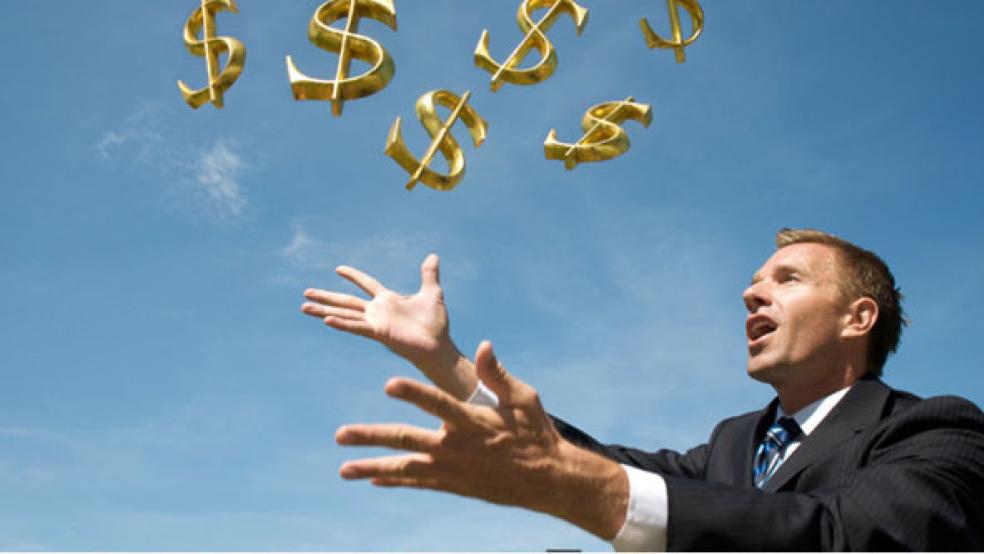It’s good to be CEO, though maybe not quite as good as it was 15 years ago.
The CEOs of the 350 largest publicly traded companies in America now make about 20 percent less on average than they did in 2000 — but they still earn three times more than they did just 20 years ago, and more than 10 times as much as they did 30 years ago, according to a new report from the left-leaning Economic Policy Institute.
Overall, CEOs at these companies have seen their pay climb by 3.9 percent since 2013 and by 54.3 percent since 2009, a stretch that has also seen a powerful bull market that has undoubtedly driven stock gains for top executives.
By contrast, the study says that pay for private-sector workers in the same industries as the CEOs in the study has fallen 1.7 percent since 2009. And the disparity is much greater over a longer period of time. Since 1978, inflation-adjusted CEO compensation has risen by nearly 1,000 percent — almost double the stock market’s gains over that period, and about 100 times the 10.9 percent growth in the average worker’s pay gains over those three and a half decades.
To put that in dollar terms, the average CEO pay package among executives at those large companies, including exercised stock options, was $16.3 million in 2014, the new analysis estimates. The typical worker made a little more than $50,000. And while the ratio of CEO pay to that of the average worker has declined in recent years — falling to 303-to-1 in 2014 from a peak of 376-to-1 in 2000 — CEOs still earn far more relative to other workers than they had in the 1960s, ‘70s, ‘80s or ‘90s, the report says.
CEOs make up just a small fraction of the top 1 percent of earners, but their rising compensation has a sizable influence on the widening of the income gap. “These extraordinary pay increases have had spillover effects in pulling up the pay of other executives and managers, who constitute a larger group of workers than is commonly recognized,” the report by EPI’s Lawrence Mishel and Alyssa Davis says.
At the same time, the study says that CEO pay has also far outpaced the long-term gains made by the top 0.1 percent of earners. As of 2013, the average CEO at a large company made about six times as much as the top 0.1 percent of wage earners.
The authors argue that these gains show that CEO pay doesn’t simply reflect the growing value of top professionals in a competitive market for talent but instead is a sign of the power CEOs wield in extracting concessions from the companies and directors who set their pay. As a result, they conclude that cutting CEO pay or taxing it more wouldn’t have far-reaching consequences for economic output or employment.
Similarly, the report also shows how CEO pay rises and falls with the stock market (as CEOs exercise their stock options when share prices are high). That broad-based alignment, the authors say, is an argument against the idea that CEOs have earned substantial pay increases by their standout individual performance.
“CEO compensation often grows strongly simply when the overall stock market rises and individual firms’ stock values rise along with it,” they write. “It seems evident that individual CEOs are not responsible for this broad improvement in profits in the past few years, but they clearly are benefiting from it.”





